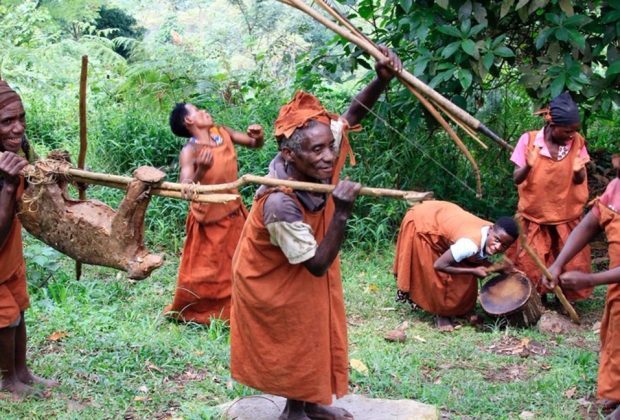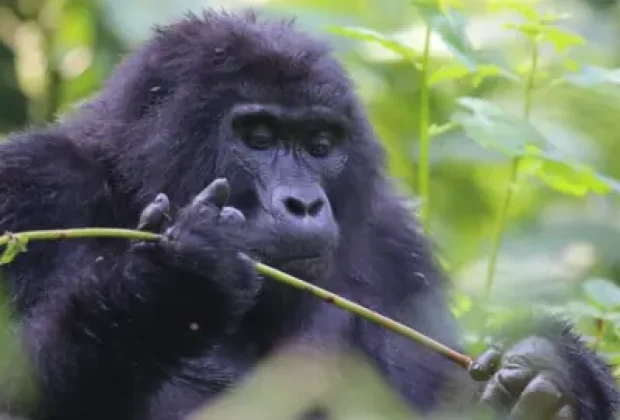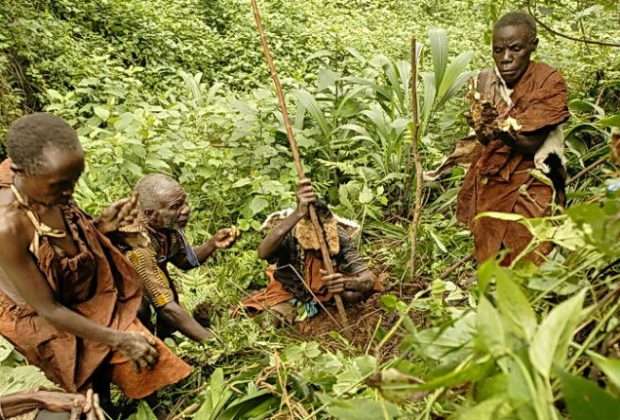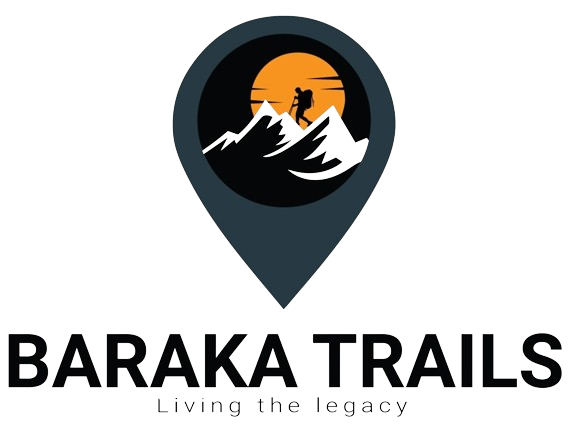3 DAYS UGANDA GORILLA TRACKING & BATWA CULTURE



3 DAYS UGANDA GORILLA TRACKING & BATWA CULTURE
This safari takes you to the rear Mountain Gorillas of Bwindi impenetrable Forest National Park and to the community of the people in this area. Depending on your flights, you can have a pre-night and post-night in Entebbe or Kampala (the city on seven Hills)
We will take you to the Gorillas of Bwindi and the Batwa tribe. The Gorilla Tracking will take you to the steep slopes, stony thickets and finally face to face with the ‘Gentle Giants’ of the Jungle! This is an awe inspiring encounter which has now been dubbed a “once in a lifetime experience
There will be an opportunity for you to even participate in some activities such as dances, garden work and roam around the village meeting and interacting with locals while learning about their culture and way of living.
After having a morning breakfast in your hotel, your safari guide will be readily present and will transfer you to Bwindi Impenetrable National Park. The journey which may take up to about 8hours will be comprised of several stopovers at different points for refreshing and lunch. Bwindi Impenetrable National Park houses the largest population of the world’s remaining population of the rare mountain Gorillas. As soon as you arrive into the park, you will check in at Rushaga Gorilla camp for dinner and overnight stay (Full board basis)
Arise early to the great forest sounds of the African Jungle for your breakfast. With our packed lunch, we go for the pre-trek orientation from the rangers who will tell you what to expect and how to conduct yourself while in the Jungle trekking the gorillas.
Your trek could last anything from 2 to 8 hours. Therefore your physical stamina and endurance is greatly required for this experience. The trekt for the great apes is tiresome but very well rewarded by meeting , spending time with and photographing these gentle giants (The mountain gorillas) as you look straight into their inviting brown eyes. This is a life time thrill of a wild life adventure that only Africa can offer. After your one hour with the gorillas, you return to the starting point of a point recommended by your ranger to have you lunch. Having replenished your energy with a meal, you will then embark on your journey back to the starring point to meet your guide who will drive you back to the hotel for a short break before heading to the Batwa community.
The Batwa; are a marginalized indigenous tribe of the Bwindi impenetrable forest and the surrounding areas. “Originally, The Batwa were forest-dwelling hunter-gatherers based in the Great Lakes region of Central Africa, and are widely accepted as the original inhabitants of the region but many are now homeless and a good number now live is specially established communities around Bwindi forest.
You will start this day with an early morning breakfast and preparations for a transfer back to Kampala/ Entebbe. You will pass via the beautiful Kigezi highlands with beautiful terraces and have a stopover at the Equator for lunch and photographs. Your safari guide will transfer you back to your residence in Kampala or to Entebbe for your international flight.
Not Included
- Accommodation on Arrival and departure (Entebbe airport guest good and highly recommended)
- International flights
- Entry/Tourist Visa for Uganda
- Meals and drinks not mentioned
- Optional activities not mentioned in the itinerary
- Items of personal nature and tips
Included
- Expert English speaking Driver guide.
- Accommodation at Crested Crane Buhoma or Bakiga lodge or Rushaga Gorilla Camp (it all depends on availability of gorilla permits in a particular sector of the Bwindi impenetrable forest)
- All Meals (Breakfast, lunch and dinner)
- Bottled drinking mineral water
- 4WD Safari vehicle and all transportation on ground
- All entry fees into the National Park
- Lunches en-route- to and from Bwindi
- 1 Gorilla tracking Permit per person
- Flight from Uganda to Tanzania
1. What is included in the cost of the tour?
- The cost includes accommodation, all ground transportation, full board meals, gorilla tracking permit, guided activities, park entrance fees, and bottled water during transfers and excursions.
2. What is not included in the cost of the tour?
- Exclusions cover international flights, visa fees, travel insurance, personal expenses, alcoholic beverages, optional activities, tips and gratuities, and any medical expenses.
3. What type of accommodation is provided?
- Accommodation is in comfortable mid-range lodges or tented camps with en-suite facilities, typically offering double or twin rooms.
4. What should I pack for the trip?
- Essential items include sturdy hiking boots, comfortable clothing, rain gear, a hat, sunscreen, insect repellent, a camera, binoculars, and any personal medications. A warm jacket is also recommended for the cooler mornings and evenings.
5. Do I need a visa to enter Uganda?
- Most travelers require a visa to enter Uganda. It’s advisable to obtain a visa in advance online through the e-Visa system or upon arrival at the airport.
6. What is the best time of year for gorilla tracking in Uganda?
- Gorilla tracking can be done year-round, but the best times are during the dry seasons from June to September and December to February, when the trails are less muddy and conditions are more favorable.
7. How physically demanding is gorilla tracking?
- Gorilla tracking can be physically demanding, involving hiking through dense forests and uneven terrain. A moderate to high level of fitness is recommended.
8. How close can I get to the gorillas?
- Visitors are allowed to get as close as 7 meters (about 23 feet) to the gorillas to minimize disturbance and the risk of disease transmission.
9. What is the Batwa cultural experience?
- The Batwa cultural experience involves visiting a Batwa community, where you’ll learn about their traditional way of life, participate in cultural activities, and hear their stories and songs.
10. Are there age restrictions for gorilla tracking?
- Yes, the minimum age for gorilla tracking in Uganda is 15 years.
11. Is it safe to drink the water in Uganda?
- It is recommended to drink bottled or filtered water. Bottled water is provided during transfers and excursions.
12. What should I expect during the gorilla tracking experience?
- Expect to hike through the forest with a guide and rangers, potentially for several hours, until you locate the gorilla family. You will then spend about one hour observing the gorillas.
13. Can dietary requirements be accommodated?
- Yes, most lodges and camps can accommodate special dietary requirements if notified in advance.
14. How much should I tip the guides and staff?
- Tipping is at your discretion, but a general guideline is $10-20 per day for your guide and $5-10 per day for lodge or camp staff.
15. Are there any health precautions I should take?
- It’s recommended to be up-to-date on routine vaccines. Consult with a travel doctor about vaccinations for yellow fever, typhoid, hepatitis A and B, and malaria prophylaxis.
